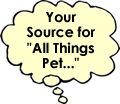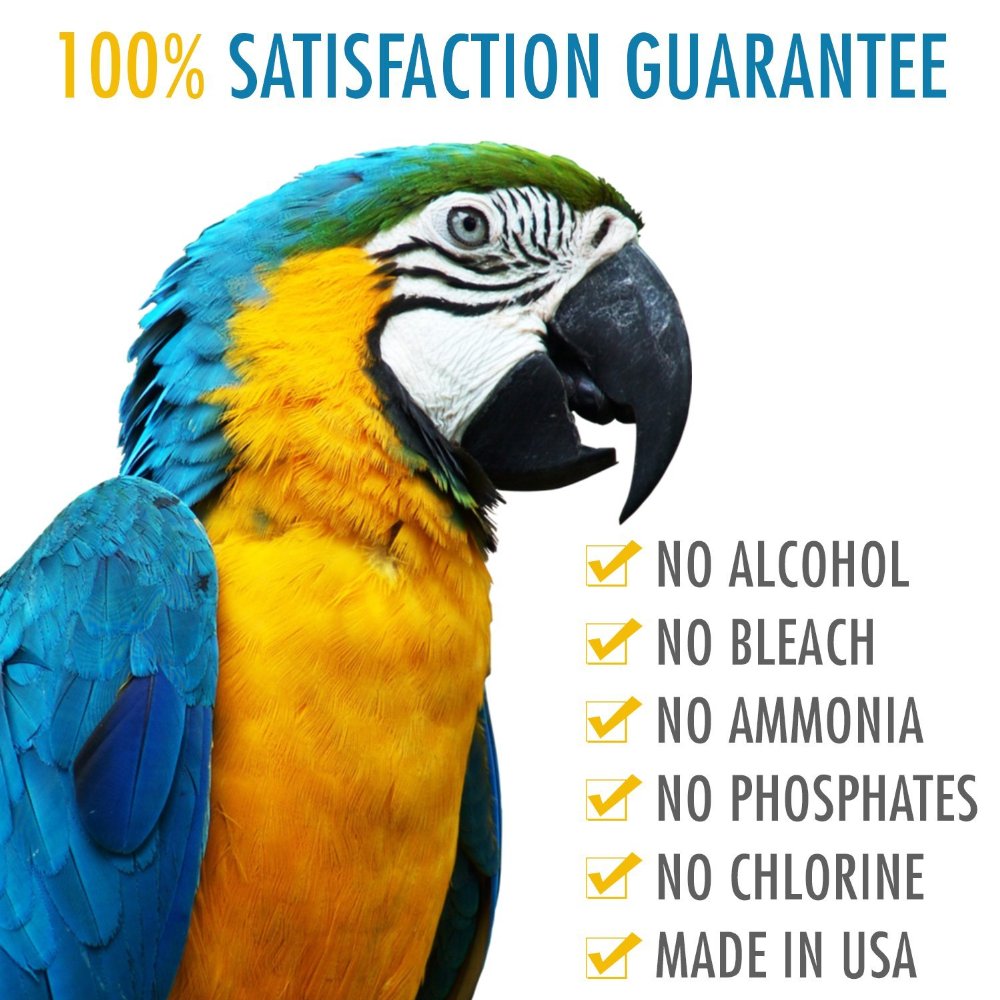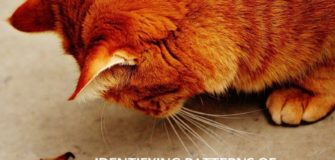10 Steps for Keeping Your Birds Toys Clean
Share
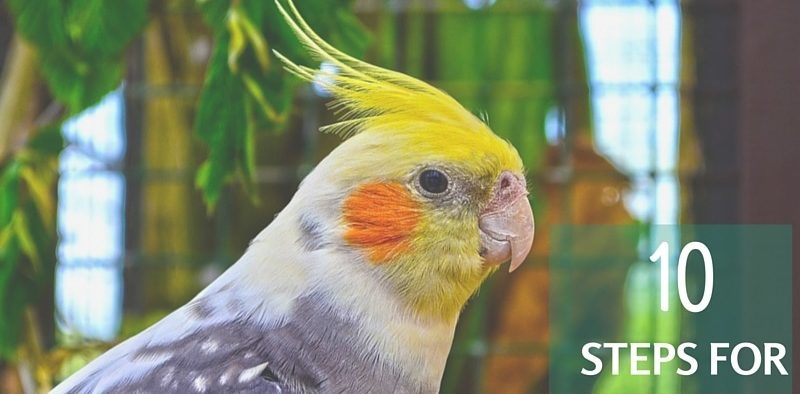
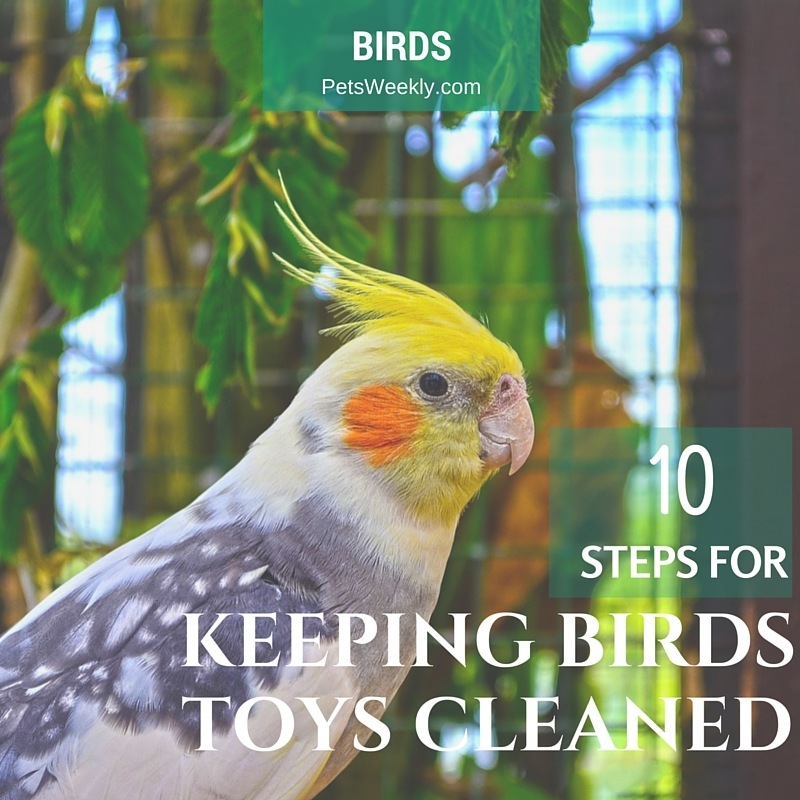 If you’re new to bird-keeping, you may not know how important it is to keep your birds toys clean. This is a very basic “how to” list for keeping your birds toys free from diseases that may be transferred to other birds (or you) and ensuring your bird’s cage is kept as sanitary as possible.
If you’re new to bird-keeping, you may not know how important it is to keep your birds toys clean. This is a very basic “how to” list for keeping your birds toys free from diseases that may be transferred to other birds (or you) and ensuring your bird’s cage is kept as sanitary as possible.
Keeping bird toys clean and sanitary can be a challenge as they come in so many different types and sizes. However, it’s very important to keep them clean since your bird often has so much beak contact with them.
Birds are well known for being the most sensitive animals of the animal kingdom. They are highly sensitive to cleaning supplies, and in some cases, cleaning solutions can be toxic to birds. We suggest you move your birds to a new cage while you embark upon cleaning their current home.
Your bird’s food and water will need to be checked daily. You should also replace cage liners or soiled debris each day. Each week, you should plan on doing a “deep clean” of your bird’s cage – this includes his toys.
Toys should be cleaned at least once a week. We’ve found that it’s easiest to work this chore into your weekly “deep cage cleaning” schedule.
[load_module id=”582″] [heading style=”small-line” color=”#1c9c84″ style_color=”#1c9c84″]Recommended basic steps for keeping your birds toys clean: [/heading]1. Remove bird and toys from cage: (I know this should be given, but you would be surprised). Never clean your bird’s toys around your bird. While the cleaners are almost always nontoxic, the fumes and/or odor can be dangerous to your bird while in airborne form. It’s also a lot easier to clean the toys when they are not in the cage.
2. Run toys under hot water. This helps loosen the exterior dirt and germs.
3. Check toys for any debris that might be stuck to toys. This debris (dirt, dried saliva, dried on seeds, waste, etc.) will need to be removed as they can limit the effectiveness of any cleaning solutions you may be using.
4. Inspect each toy checking for frayed ends, chewed through parts, or any small part that is in danger of breaking off. If you do happen to run across any toys that are partially frayed or cracked, it’s important to discard those damaged toys. They can become very dangerous to your bird.
5. Wash using hot, soapy water. While you can absolutely use a cleaner designed for use on birds, you’ll find that regular old Dawn dish-washing soap works just as well as any other type of cleaner.
[note style=”5″ icon=”yes”]When possible, we use affiliate links in our posts. This helps allow us to continue bringing helpful articles to you. Thank you for using them to help keep this website alive.[/note]6. Disinfect each toy by using a cleaning agent designed for birds. There are many different types of cleaning agents designed specifically for birds. Natural Rapport has one that we’ve used in the past and feel confident recommending.
7. Allow to dry before placing back in cage. We found a dish drying rack works perfectly well. Since most bird toys are not dishwasher safe, it’s important to hand-wash any toys that your birds play with during the day.
8. Clean cage thoroughly. While your bird’s toys are drying, this is a great opportunity to replace cage liners and bedding, clean and refill water and food dishes, and disinfect the cage itself with a commercial disinfectant designed for birds.
9. Reassemble everything in the cage. Before you put your bird(s) back into the cage, be sure you take time to wipe down and reassemble the cage and toys. While some birds prefer everything in a specific place, others like it when you provide some variety. You know your bird best – do your best to keep him happy!
10. Transfer your bird back into his clean home. Your bird may not even notice that you cleaned his cage. But, if you took time to do it right, we know they will absolutely appreciate the effort!
Keeping your bird’s home clean and welcoming is very important for you and your bird’s health. A dirty cage is a breeding ground for bacteria and disease. By being proactive, we can eliminate the chance of our bird getting sick.
